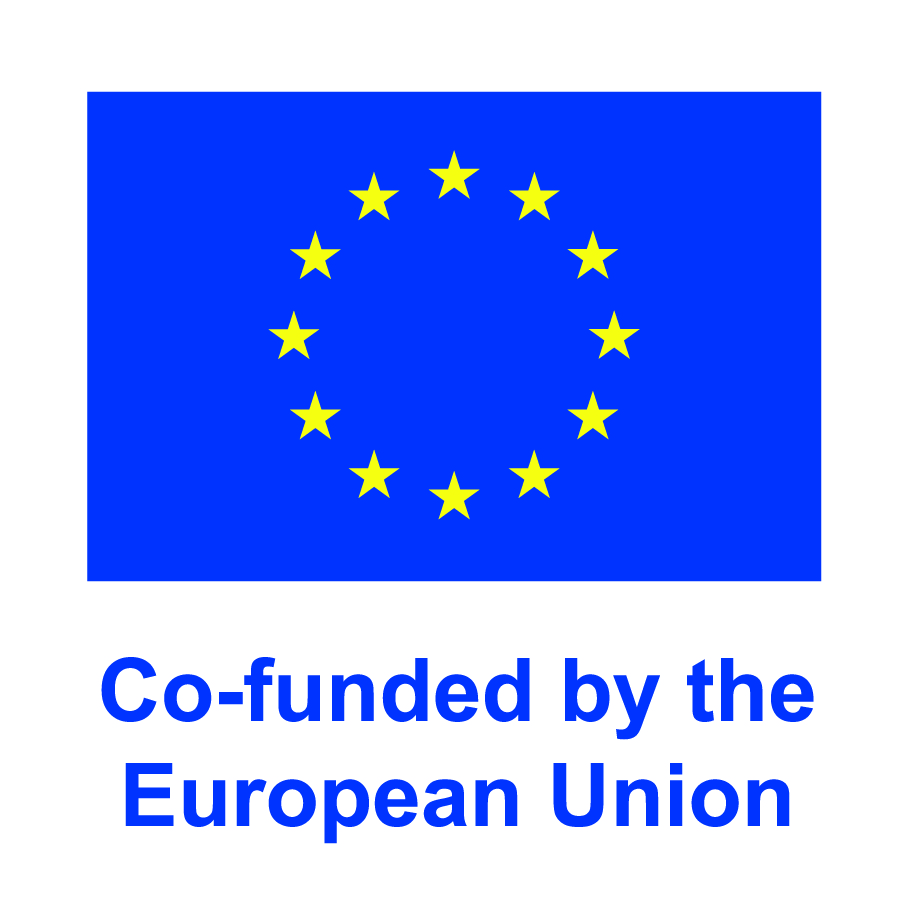Group work in diversifying classrooms

Towards better group work in STEM education

The PISH project collects methods that improve intercultural communication and peer learning at higher education institutions. We launched the project because many recent graduates struggle with team work, especially in a diverse environment. This is one of the reasons why students have a hard time finding their first job that matches their degree. The tech industry, in particular, is pushing for change.
What do students think about group work?
As part of PISH research activities, KTL has asked students at several universities* in Finland what they think about group assignments. Because of a small scale, this survey only ‘tests the waters’.
The results indicate that students are not particularly keen on working together. It was their least favorite type of assignment.
At the same time, many respondents had few friends and often felt lonely**. This suggests that group assignments do not benefit students’ social lives. Interestingly, the typical reason for disliking group assignments was perfectionism and a lack of leadership. Students were highly motivated but believed that their team got in their way to complete the task.
In its second phase, PISH searched for solutions to classroom challenges. KTL interviewed UEF teachers from the field of natural sciences. The teachers strongly believed that group assignments help students truly understand the subject matter. They also help students realize that they are not alone with their struggles. This helps re-build the student’s self-esteem. The teachers had several recipes for successful team activities, but this text will focus on two.
Teachers to the rescue
First, Vesa Paajanen told us that group assignments work better if they take place in the classroom, not as homework. The Flipped Classroom framework is such an approach.
This arrangement takes away some organizational burden. As students often complain about heavy workload, having a fixed time to meet with their peers surely helps to maintain a study-life balance.
Second, Merja Lyytikäinen observed that students need support to adapt their expectations towards the task, and towards each other. One way to make these expectations clearer is negotiating a team contract.
Challenges are easier to face if they are anticipated. In fact, group assignments must not be rushed.The time that students take to get to know each other is priceless for successful collaboration.
This said, it is also important to close the project with a proper reflection about what went well and what did not.
Lesson learned?
The results from Finland show that students are often reluctant towards working with their peers. It would be a good idea for teachers to consider the quality of relations that students have with one another. The PISH toolkit will include tools that help enhance this quality. Apart from collecting and adapting useful methods, PISH promotes the effort of teachers who worked hard to perfect their pedagogical toolkit.
* Including universities of applied sciences
** most respondents started their studies before the Covid-19 pandemic, so the reason fore their loneliness is harder to explain
PISH project has received funding from the Erasmus+ KA2 Program

